Rescue teams treat animals saved from the rubble of Turkey quakes
Amid the immense human suffering caused by the earthquakes, animals have been hugely affected, too.
Published On 19 Feb 2023
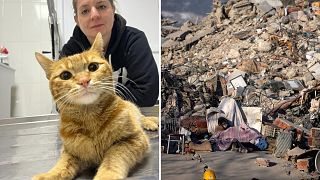
Talia the cat was rescued with a broken hip. | Kahramanmaraş, southeastern Turkey, 13 February 2023. - Copyright PETA | AP Photo/Khalil Hamra
By Angela Symons • Updated: 17/02/2023
11 days after massive earthquakes hit Turkey and Syria, hopes of finding further survivors are dwindling.
As the devastating human death toll nears 42,000, organisations on the ground are aiding survivors.
But animals are also among the dead, injured and displaced.
Animal rights nonprofit PETA is in southern Turkey tending to those with broken bones and painful injuries.
“Among the rubble and devastation have been moments of hope,” says PETA Vice President Mimi Bekhechi.
Bright feathered budgies are ‘a welcome sight amid the grey debris’
Mimi is assisting local rescue teams in Kahramanmaraş, a southern Turkish province at the epicentre of one of the earthquakes.
She recounts the story of a pet shop rescue mission.
“Shortly after we arrived… local rescuers - heroes who were risking everything to go into buildings on the verge of collapse and search for life - entered a pet shop in the basement of what was once a tower block and, miraculously, pulled out 40 budgies."
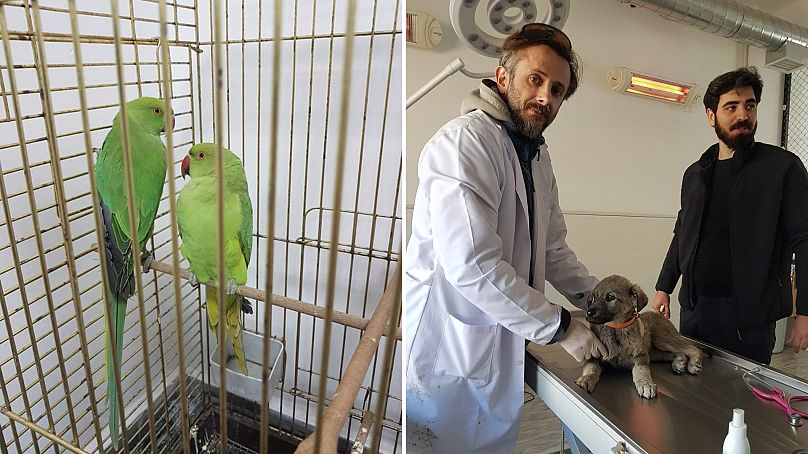
40 budgies were rescued from a pet shop in Kahramanmaras. | A vet treats a rescued puppy with a broken leg.PETA
“Their bright feathers were such a welcome sight amid the grey debris.”
PETA rushed the birds to a vet for urgent medical attention, before taking them to a sanctuary near Ankara.
Broken but not defeated: An injured cat welcomes human touch
“Amid the misery and chaos in Kahramanmaraş, we spotted one little cat, who we’ve since named Talia, dragging herself across the street in search of food,” recounts Mimi.
X-rays revealed Talia had a broken hip, likely from fallen debris. Despite this, she was glad to receive treats and stroking, Mimi tells us. Talia is now safe at a clinic in Adana, where she’s undergoing surgery.
“Their bright feathers were such a welcome sight amid the grey debris.”
PETA rushed the birds to a vet for urgent medical attention, before taking them to a sanctuary near Ankara.
Broken but not defeated: An injured cat welcomes human touch
“Amid the misery and chaos in Kahramanmaraş, we spotted one little cat, who we’ve since named Talia, dragging herself across the street in search of food,” recounts Mimi.
X-rays revealed Talia had a broken hip, likely from fallen debris. Despite this, she was glad to receive treats and stroking, Mimi tells us. Talia is now safe at a clinic in Adana, where she’s undergoing surgery.
What struggles are animal rescuers facing in Turkey?
With no functional veterinary clinics in the earthquakes’ epicentre, animal rescue workers are sometimes forced to travel over 300 km to seek medical care.
Providing animals with food, water and warm blankets are top priorities, Mimi says, because many have been trapped in the debris in bitterly cold temperatures for days.
Communication is also a struggle for rescue teams.
“The catastrophe has created a lot of chaos. Information about animals who may be trapped in buildings has therefore been unreliable at times,” Mimi explains.
Often, her team spends time travelling to a site only to find out that it was already cleared and no animals were found inside.
“So the work requires adaptability. We’re always ready to move at a moment’s notice.”
Every passing hour counts - and the agility of rescue teams has paid off.
“Though it defies the odds, we’re still seeing humans and other animals pulled from the rubble alive, even after seven long days in near-freezing temperatures with no food or water,” says Mimi.
How can you help those affected by the earthquakes in Turkey and Syria?
Charities and NGOs have set up emergency appeals to help victims of the earthquakes in Turkey and Syria.
Disasters Emergency Committee, the Red Cross, Save the Children, and Islamic Relief are just a few.
Animals, too, are in desperate need of food, supplies, refuge and medical aid.
PETA’s Global Compassion Fund is powering animal rescue work on the ground and aiding partner organisations in Turkey and Syria, which are distributing dog and cat food, rescue crates, leads and other urgently needed supplies in some of the most affected areas.
“As the images of the fractured cities of Turkey and Syria fade from our television screens and social media feeds, as they inevitably will, I want to encourage people to continue to do all they can to help the victims - of all species - because they really do need all the support they can get,” urges Mimi.

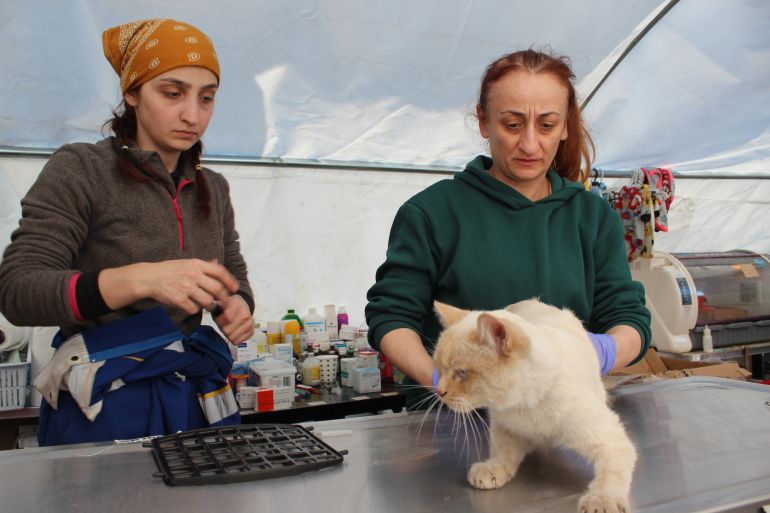
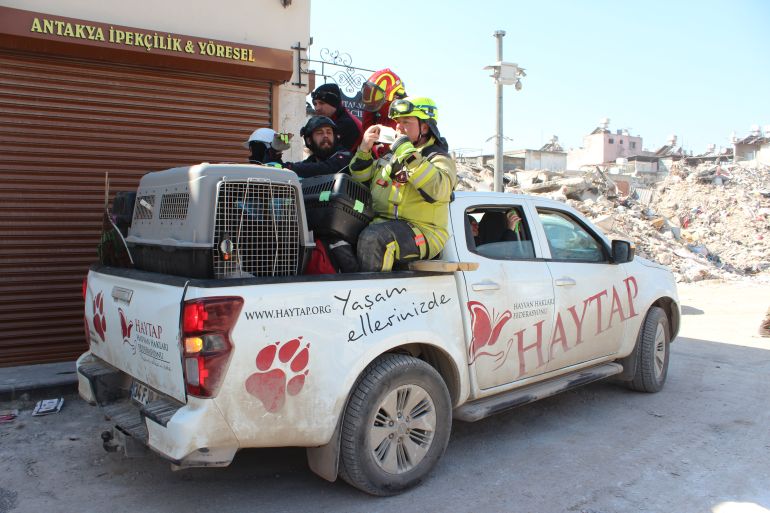

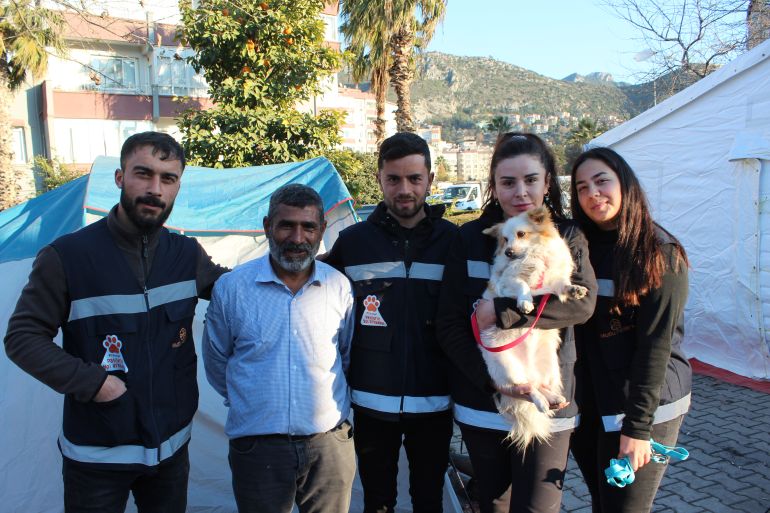
No comments:
Post a Comment